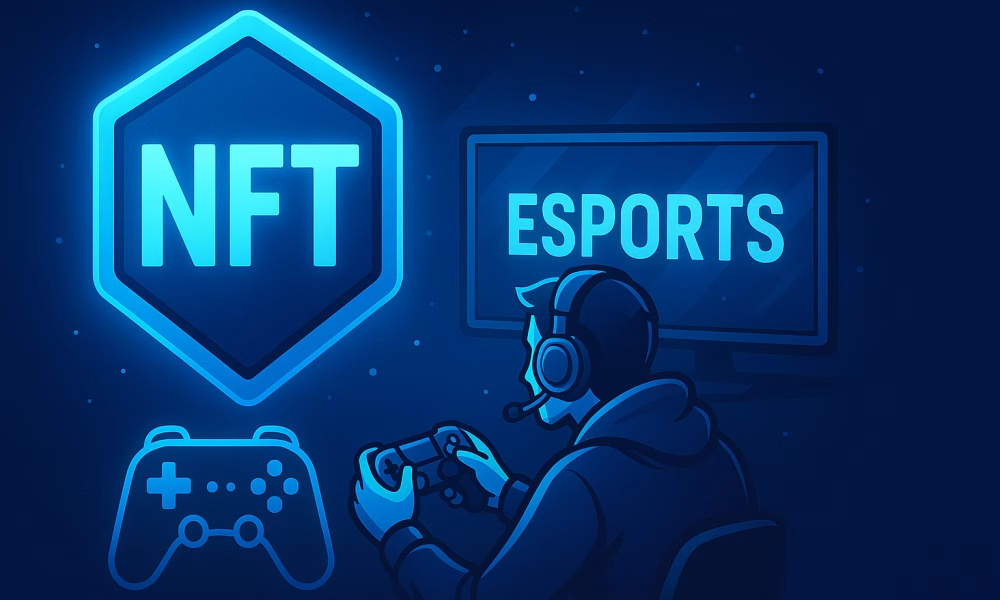Read More
This article explains the legal peculiarities of microtransactions in video games, a commonly found monetization strategy that allows players to purchase virtual content through small transactions. It begins with a short explanation followed by a contractual classification under German law. Due to the largely uniform legal framework in the EU, the basic principles of harmonized consumer protection are discussed. Special attention is given to the consumer's right of withdrawal and the publisher's ability to exclude it. Another focus is on the legal statutes for the protection of minors that arise in the monetization of video games. Minors are particularly worthy of protection here and are protected by various legal instruments, which are also discussed.
Read More
Monetisation is the process by which revenue can be generated from a game product. Monetisation methods are closely related to business model design and may influence the choice of platform on which a game, or its derivative products, are distributed. Newer business models are likely to face higher levels of legal scrutiny: for example, games employing microtransactions (particularly randomised loot box drops) are under ongoing review in several jurisdictions’ gambling regulations; and new mobile and cloud gaming models (e.g., Game Pass) are under ongoing investigation by competition regulators. Users who monetise game content through derivative products, such as streaming or modding, may face restrictions in intellectual property law unless the game owner expressly permits them to do otherwise.
Read More
The term nerf refers to the weakening of elements in video games. Nerfs are typically carried out by updates. They may interfere with the integrity and fairness of esports competition. On the other hand, they can serve to ensure integrity and fairness. Nerfs may potentially conflict with various contracts of the respective publisher concerning their video game.
Read More

User generated content (UGC) can include both in-game creations, such as avatars and player-made skins, and content outwith the game, such as streams and mods. UGC is becoming increasingly prevalent as a by-product of game play, and as a means of generating revenue for commercial streamers. UGC is primarily regulated by intellectual property law, which may place substantial restrictions on how UGC can be created and distributed, unless specified otherwise by the game owner (e.g., in a UGC policy). As UGC is usually platform-dependent, being hosted on a third party website such as Twitch, there may also be platform-specific terms which regulate how UGC is shared separately from the legal framework.
Read More